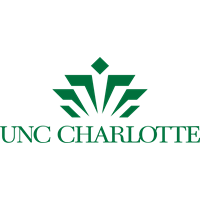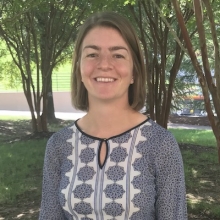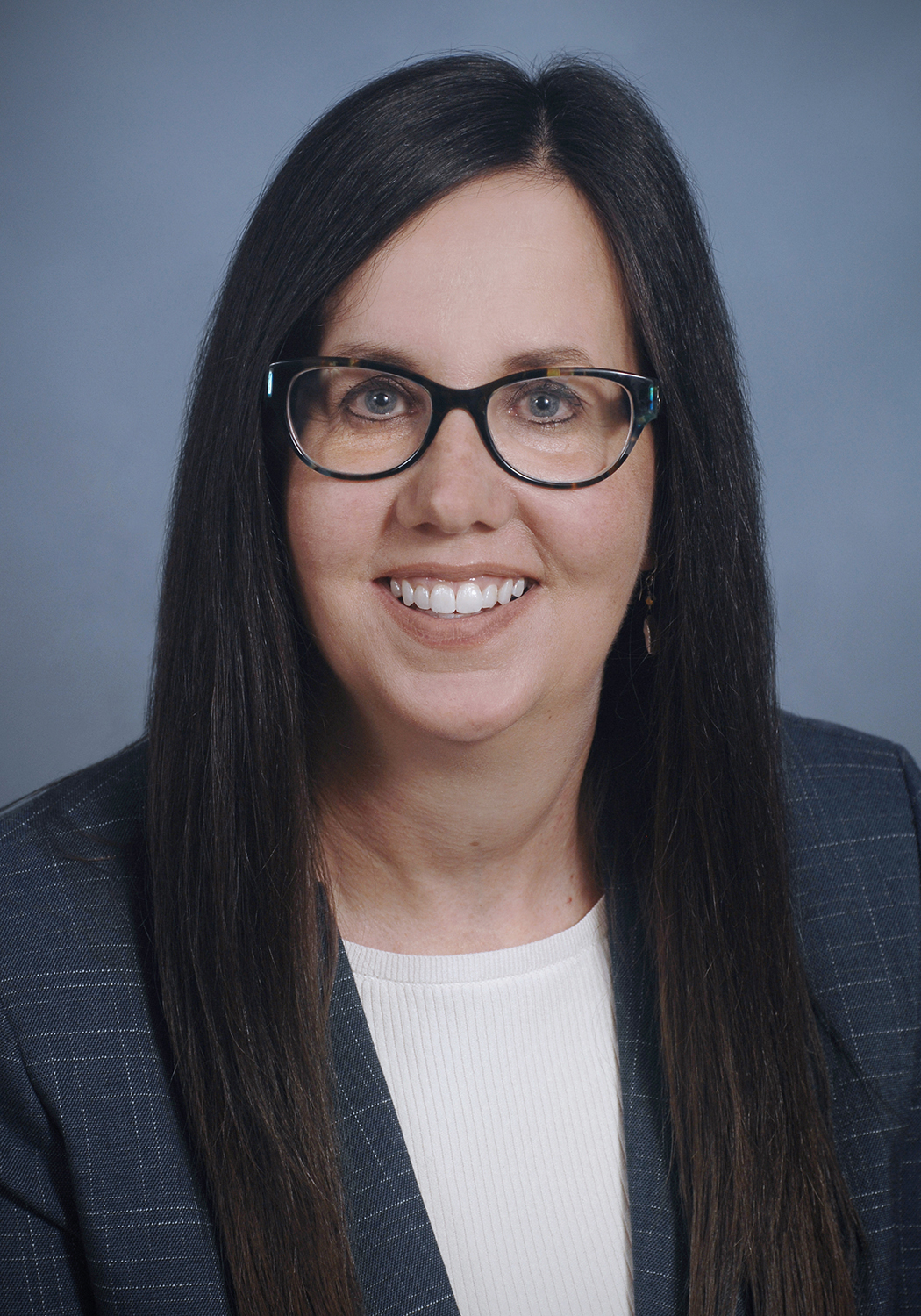Below is a summary of the abstract you submitted. Presenting author(s) is shown in bold.
If any changes need to be made, you can modify the abstract or change the authors.
You can also download a .docx version of this abstract.
If there are any problems, please email Dan at dar78@pitt.edu and he'll take care of them!
This abstract was last modified on May 23, 2024 at 3:43 p.m..

The scientific process includes generating questions, proposing solutions, testing hypotheses, and communicating findings. In our SEA-PHAGES Bioinformatics course, we have incorporated several assignments to help engage students in all parts of the scientific process. First, we have our students conduct an independent bioinformatic research project, often related to the phage they are annotating as a class, and present their findings at our university-wide undergraduate research symposium. To help them get started, we provide a list of potential project ideas and have students select their top three interests or propose new topics. We then assign students to work in groups of four to draft and submit a project abstract for feedback. Once this is complete, students are given several weeks to complete the projects with real-time feedback. Students then submit a draft of their projects in poster format for instructor feedback before presenting their final poster presentation at the research symposium. Examples of past projects include tRNA exploration, promoter identification, comparative analysis of endolysins, and an investigation into fused minor tail proteins.
In addition, to engage students in the process of scientific publication, students write a Genome Announcement for publication using the SEA Faculty Resource on QUBES for “Writing Microbial Resource Announcements (MRA)” as a guide. Students sign up as part of a team of three to write the first draft of one section of the Genome Announcement. After each team receives feedback on their section, they then work as an entire class to put the entire Genome Announcement, getting it ready for submission for publication.
Our students have embraced the opportunity to work on these scientific skills. They enjoy conducting independent exploration on a topic of their interest and have gone above and beyond with their projects and poster presentations. In addition, they are proud to have their research published in a peer-reviewed journal. For our students, this is one of the few times where they get to see how the peer-review process works. Our poster will share more information about how we integrate these projects within the semester-long annotation process, as well as our challenges and successes. We highly value your expertise and invite you to share your ideas on how to further immerse students in the scientific process, as your input is crucial to our continuous improvement.


